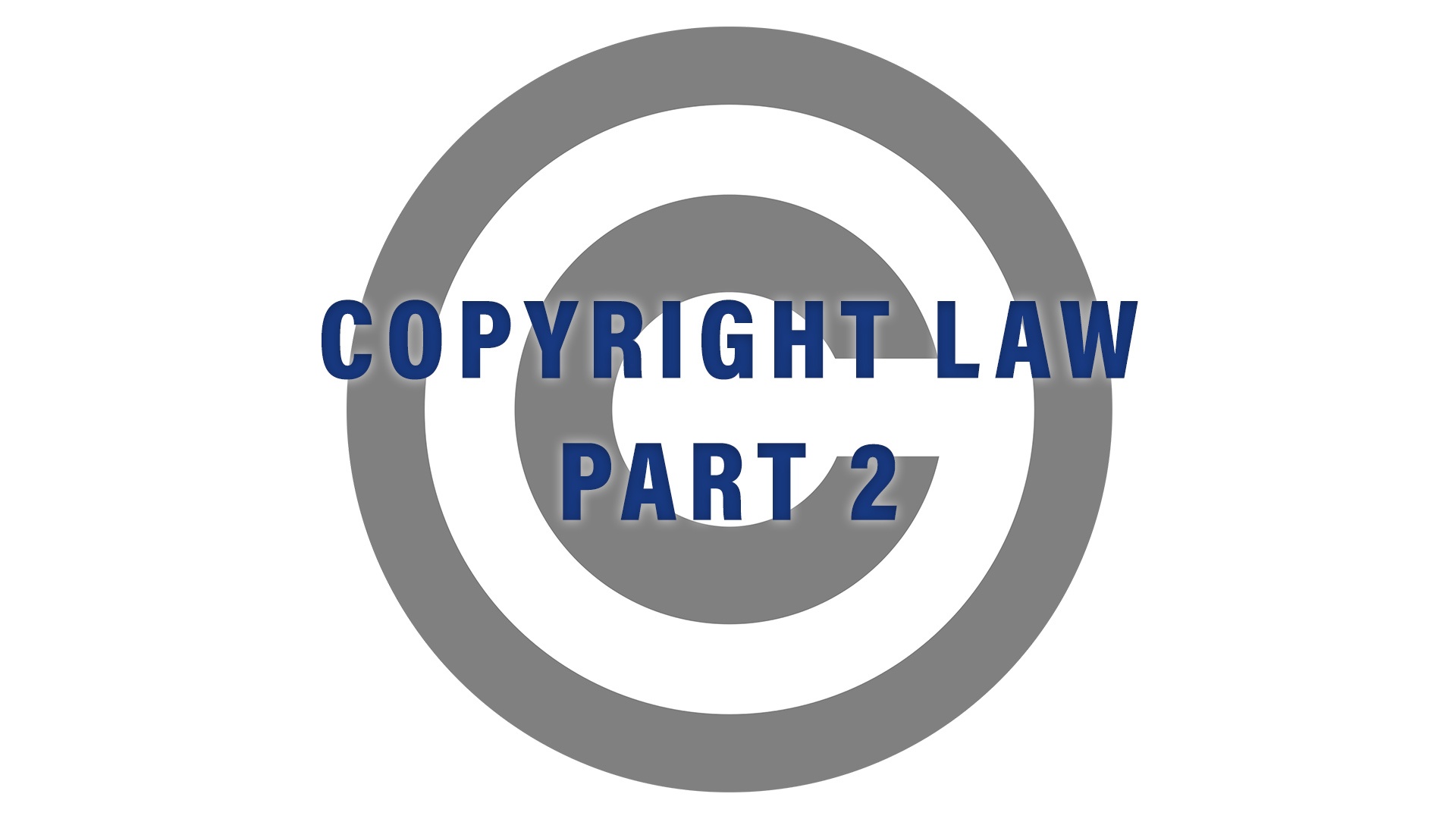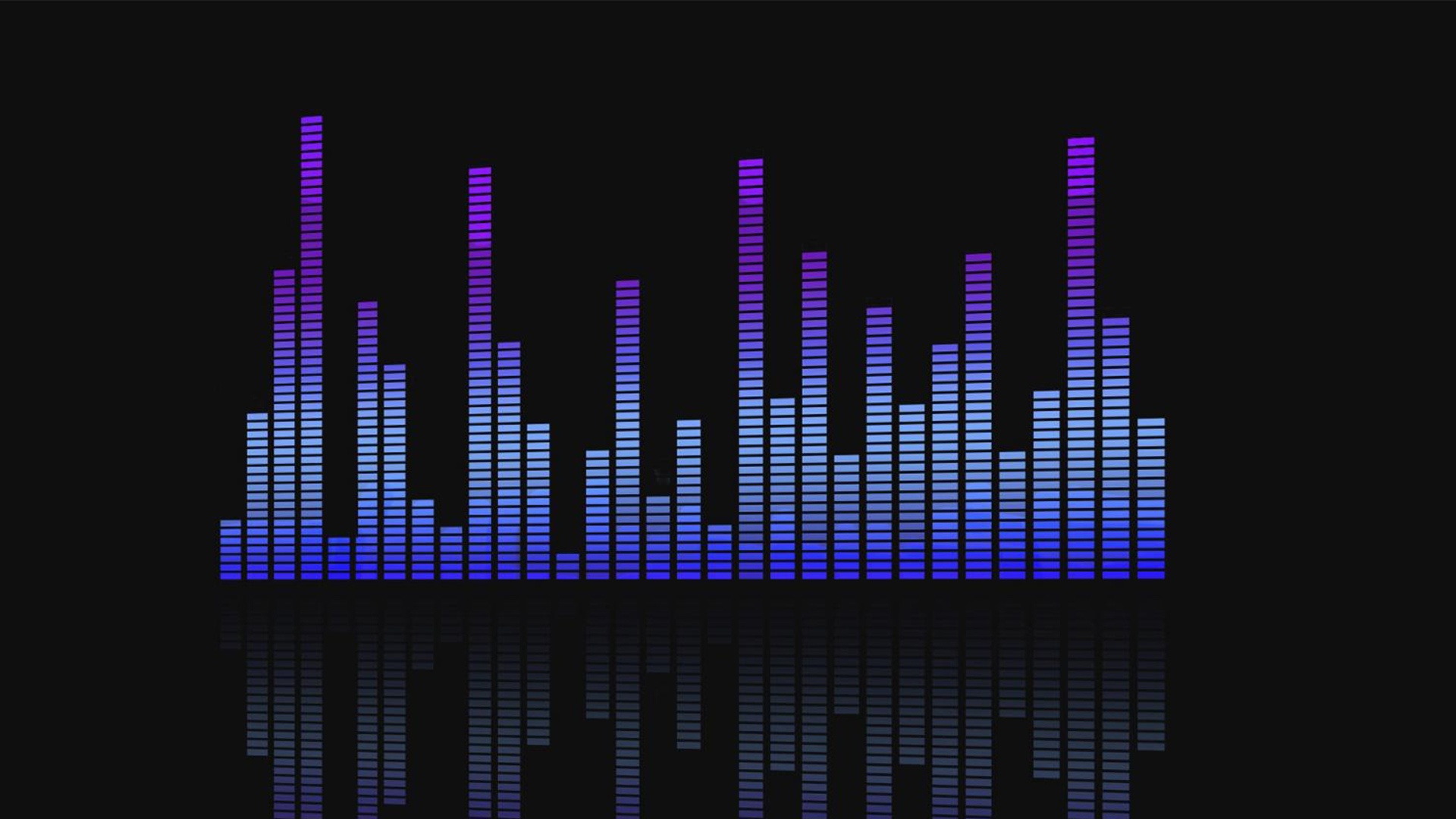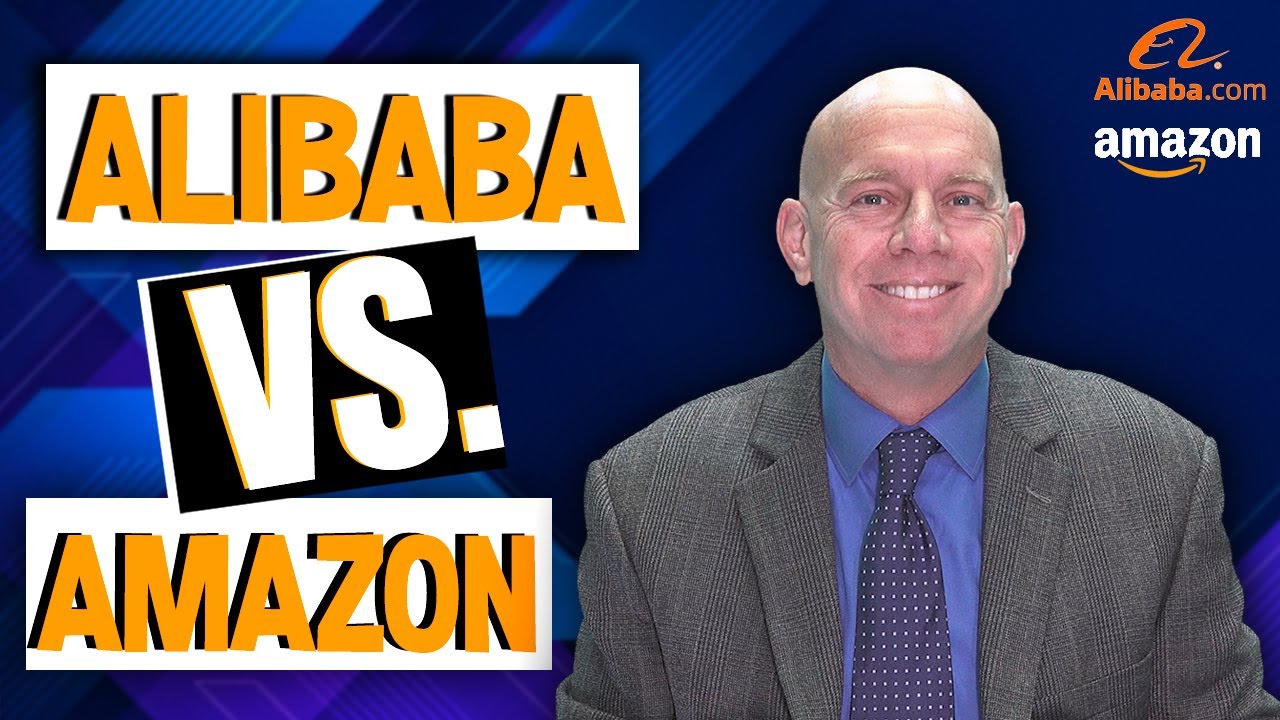
Copyright law should be extremely important to an artist, especially as it pertains to issues relating to intellectual property.
IP complaints are among the most common issue that Rosenbaum Famularo, P.C. sees, and artists encounter in the ecommerce world.
While copyright can protect artists from having their original ideas and products stolen, it can also harm other sellers who are either rightfully or wrongly accused of violating intellectual property law online.
As we’ve discussed previously, copyright law dates as far back as King Henry VIII and the emergence of the printing press. But in the last half-century, many laws have been enacted that have shaped today’s copyright landscape. We’ll dive into some of those more recent trends here today. The law has updated to adept with the ever changing ecommerce industry.
Copyright in the 1970s
We’ll kick things off with the Sound Recording Amendment of 1971, which took a major step forward in protecting sound recordings from copyright. However, piracy laws were far from perfect – and still aren’t today. At the turn of the century, piracy issues took form in the rise and all of websites like Limewire, which allowed people to illegally download music for free before it was ordered to shut down its services in 2010. Limewire was one of just several websites that were known as black marketplaces for free music.
These are issues that are still being fought for today; in 2014, musical artist Taylor Swift pulled her entire music library from the still-popular music streaming service Spotify, stating that, “It’s my opinion that music should not be free.” Just last year, Spotify was sued by the music publishing company Wixen for not properly licensing recordings of music from numerous popular artists.
However, in 1971, piracy was fairly limited to more archaic methods such as bootlegging live concert recordings or ripping a recording of a radio hit.
The true gold to be had in the 1970s when it comes to copyright law is the Copyright Act of 1976, which did a whole host of good for copyright owners at the time. This was the first major change to national copyright law since the Copyright Act of 1909, and of course a lot had changed in the media landscape since then.
Perhaps most importantly, this act extended the length of an author’s copyright up until the time of their death plus 70 years following the artist’s passing. That timeframe is what still holds up today, and it gives authors a huge advantage in ownership of their copyrights. If you’re an artist/author/creator, this is probably something you’re very familiar with.
With a longer legal timeframe to work with, creators didn’t have to worry that they’d live to see their ideas and products used by others for monetary gain. Not only that, but the spectrum of what could be protected under copyright has expanded exponentially. As CJ Rosenbaum, founder and CEO of Rosenbaum Famularo, P.C., the law firm behind AmazonSellersLawyer.com notes in his book “Amazon Sellers’ Guide: Copyright Law”, the Copyright Act of 1976 “provides that any work expressed through ‘any tangible medium of expression’ and that is an ‘original work of authorship’ can qualify for copyright protection.”
Copyright in the 1980s and Beyond
Around this time, several nations around the globe tried to come together on a uniform ruling for international copyright law. There was not a whole lot of uniformity between the two, nor was there a clear idea of how domestic vs. foreign copyright should be handled. Ronald Reagan signed the Berne Implementation Act of 1988 to pool together with several countries around the world and to provide further international protections for all U.S. artists and creators. At the time, Reagan stated that, “With 77 countries as members, including most of our trading partners, the Berne Convention features the highest internationally recognized standards for the protection of works of authorship. Our membership will automatically grant the United States copyright relations with 24 new countries and will secure the highest available level of international copyright protection of U.S. artists, authors and copyright holders.”
Reagan was also concerned with the amount of money that U.S. artists and creators were losing without international copyright protections. Locking down a deal to secure protections also earned a lot more money for those American innovators, and still helps artists stay in business to this day. This act truly paved the way for international ecommerce marketplaces to emerge, and it did just six years after the Berne Convention.
The Copyright Renewal Act of 1992, cleaned up the process of copyright renewal and bypassed a previous requirement of a renewal mandate during the 28th year of the first term of copyright protection. In signing this act, the United States Congress made true on its promise just four years earlier that it would favor international uniformity in copyright law, since most countries around the globe did not have the same kind of renewal process that the U.S. had used. This also made it much easier for copyright holders to hold onto their intellectual property and encouraged those creators to continue innovating in ways that would serve the public as a whole.
The Copyright Term Extension Act of 1998 further extended the time period that copyrighted material was protected from becoming a part of the public domain. Later dubbed the “Mickey Mouse Act,” the CTEA saved Mickey from losing his copyright protections in the immediate future. As of right now, Mickey will become a part of the public domain in 2024. While the act helped creators and innovators hold onto the rights to their works, it harmed other innovators from gaining access to those works for their own creative uses.
The DMCA
Today, we live in a digital era. While all of the copyright history prior to the DMCA is still important to artists and ecommerce sellers alike, the DMCA itself contains a lot of material that is of interest to those artists whose work appears in the online marketplace. As such, we will have separate stories coming up shortly that dive into the importance of the DMCA. For now, let’s take a quick look at its implementation and purpose.
The DMCA stands for the Digital Millennium Copyright Act, and it was also implemented in 1998. The DMCA focuses on copyright issues focused online, which is of course where ecommerce sellers and artists are most concerned. The World Wide Web was created just eight years prior to the implementation of this act and as usual, this is an example of law reacting to the changing public landscape.
Ultimately, the implementation of this act protected Internet service providers from taking the blame when someone committed copyright fraud using their online platform. This, of course, comes with a kicker: the service providers have to abide by certain procedures and protections to ensure they’re doing everything they can from preventing and discouraging users from breaking the law on their service.
For example, the providers must take down the accounts’ content of any person they believe is infringing on copyright law. These methods are aptly named “take down” procedures. Simply put, these protections help companies like Amazon stay alive even if its users are violating intellectual property rights, so long as the company continues to come after users who infringe on their laws. That’s where Rosenbaum Famularo, P.C. comes in, protecting the rights of sellers whose Amazon accounts are suspended as a result of Amazon’s attempt to comply with the DMCA and creating Amazon Plans of Action for its customers.
Copyright Law for Brand Protection Part 2 Conclusion
The DMCA remains a critical component to copyright law and to the everyday lives of artists whose work exist in the ecommerce world. Previous copyright acts set the table for the online landscape as well, and serve as crucial building blocks for where we are today. In further installments, we’ll look more into the continually evolving legal landscape. We’ll also tackle legal issues as they pertain to artists & sellers and tell you how you can appeal an infringement complaint received online.









